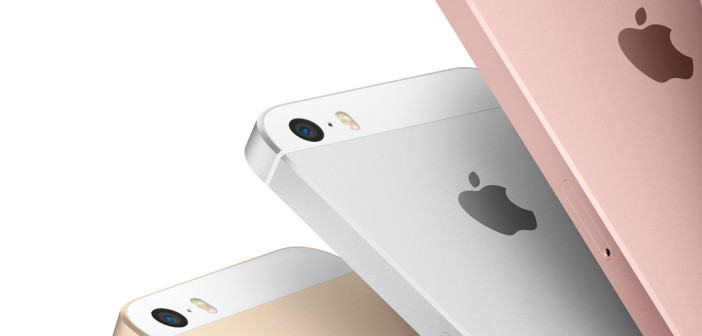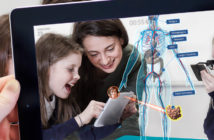By Stephen Ebbett, global director at Protect Your Bubble
It’s been years since mobiles shrugged off the mantle of calling device. But we’ve also gone past the point of pocket-sized personal assistant, too. Wearable gadgets and smart accessories that work in perfect harmony with our handsets have given smartphones another guise; the role of health assistant, and the potential is incredible.
We can now summon a virtual GP, record every calorie burned, test alcohol levels with a smart breathalyser, chart weight loss via smart scales, track sleeping patterns, moods, and ovulation cycles, and keep an eye on our heart rates, too.
Boss of our bodies
Smartphones are letting us become the boss of our own bodies and that’s a trend that’s set to continue, with IDC reporting that 70% of world health care organisations are set to invest in consumer-facing mobile apps, wearables, remote health monitoring, and virtual care by 2018.
Health is also an area Apple is investing heavily in. CEO Tim Cook says of its Watch: “The holy grail of the watch is being able to monitor more and more of what’s going on in the body.”
And, in April, the tech giant released CareKit, its open software platform for developers to create iPhone apps to help patients and doctors monitor chronic conditions. Apple already has ResearchKit, a platform for scientists to find participants for research, and HealthKit for developing health and fitness apps that share user data. iPhones now come with a built-in Health app that has a Medical ID function, replacing the analogue medical bracelet by detailing, for example, a penicillin allergy.
Potential barrier
One potential barrier to overcome is that smartphones can have an adverse affect on our health, both heightening stress levels and interrupting our sleep. A survey of 1,200 smartphone users we ran in October showed 47% rely on handsets to fall asleep at night, with 62% drifting off to music and 24% to nature sounds, and yet 37% are woken every night by light, sounds or vibrations from those very same phones. Similarly, 33% use smartphones for stress relief during the day but 48% believe handsets are contributing to their heightened stress levels.
Furthermore, research by King’s College London and Cardiff University suggests that even the mere presence of a switched off smartphone nearby can disturb sleep amongst children.
Clearly, we’re in a vicious cycle, but our appetite for mobile technology – Ofcom says smartphone take up has reached 71% and half (51%) of all mobile users ensure their phone is within reaching distance when they go to bed – suggests we have no desire break it. That’s music to the ears of developers and gadget makers in the health and wearables space. CCS Insight has forecasted that 411 million smart wearable devices, worth $34billion, will be sold in 2020.
Digitising health
The other hurdle is darker. Digitising our health data opens up the potential for abuse. Fears include the use and storage of personal data, something which will continue to worry users until there is clarity on exactly how developers use our information and if they distribute it to third parties.
As health tech and wearables continue to gain popularity, developers and mobile giants need to decide which party the responsibility for safeguarding such highly personal data rests with. We’ve got the hardware, but technology in the field of tech will need to address these issues of trust before it becomes a viable alternative to real world healthcare and treatment.
There is no doubt about the colossal power of crowdsourcing health data for medical research. But proper preparation is needed before the more wary consumers, or should I call us patients, are asked to share our vital statistics and medical histories for the greater good.
Protect Your Bubble is an insurance and warranty provider that specialises in protection plans for smartphones, tablets, electronics, appliances, rental car, car hire, travel, renters, bicycle, and pets.





